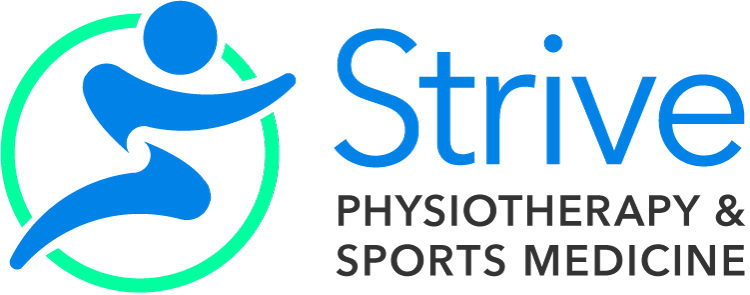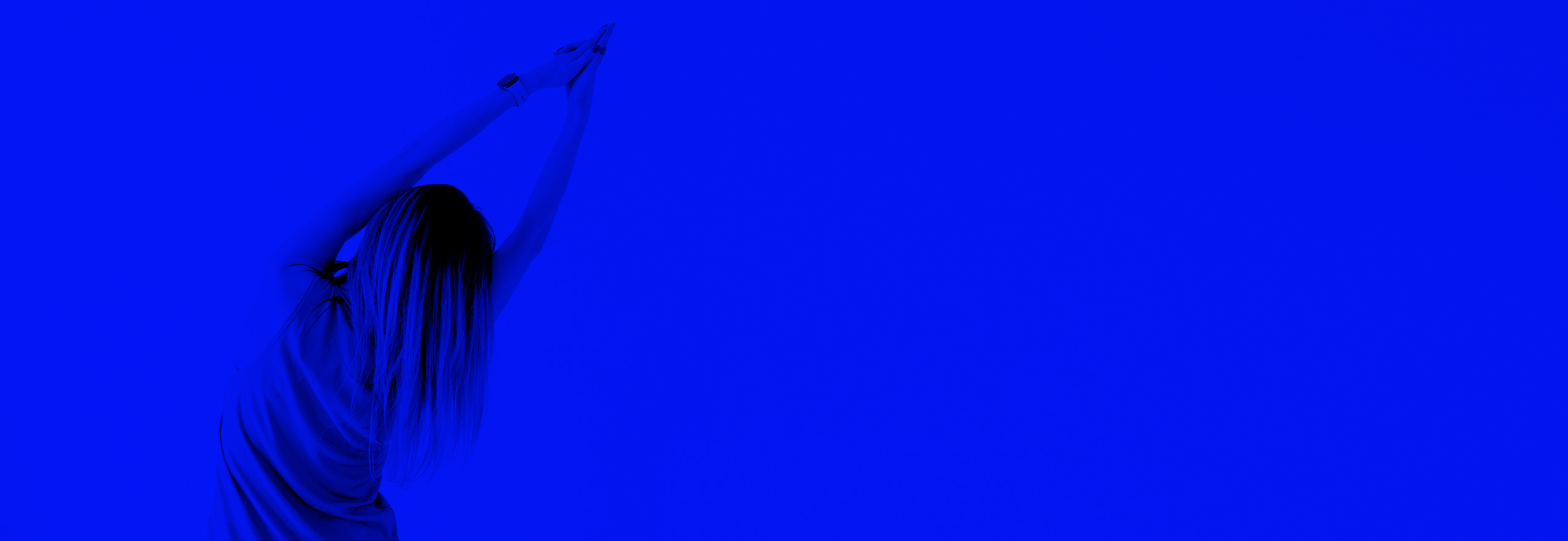A sports hernia is a strain or tear of soft tissue (muscle, tendon, ligament) located in the lower abdomen or groin/pelvis region.
What is sports hernia?
A sports hernia is a strain or tear of soft tissue (muscle, tendon, ligament) located in the lower abdomen or groin/pelvis region. The soft tissues that perform rotation of the pelvis are more commonly injured. Tendons that attach the oblique muscles of your core and adductor muscles on the inner thigh to the pubic bone are highly vulnerable.
What causes sports hernia? What are common symptoms of sports hernia?
A sports hernia is caused by repetitive or explosive motions involving twisting of the pelvis. You can also sustain a sports hernia when planting your foot while twisting with maximal exertion. Individual’s that partake in ice hockey, soccer, wrestling, and football have a greater chance of suffering a sports hernia.
Common symptoms include:
- Severe pain in the groin region at the time of the injury
- Groin area is tender or bruised
- Pain that is present during movement and activity
How can physiotherapy help?
To help treat your sports hernia, your Strive physiotherapist will conduct a thorough examination assessing your pelvis mobility, core strength, thigh strength, and hip range of motion. Your Strive physiotherapist will implement a variety of hands-on techniques such as massage, passive stretches, hip traction, lower back mobilizations and/or manipulations to alleviate pain. They may also perform acupuncture and/or dry needling to help with pain control. Based on this information, you will be given a tailored exercise program to help strengthen your core and inner thighs, as well as loosen your hips and pelvis.
How can massage therapy help sports hernia?
Massage therapy can be used to help decrease your pain. Your Strive massage therapist will decrease tightness in the muscles around the inner thighs, hips, lower back, and abdomen. They will perform muscle and fascial release to address pelvis imbalances that are contributing to your pain.
How can sports medicine help sports hernia?
Your Strive physiatrist and sports medicine physicians can perform specialized procedures to help manage your sports hernia. They can perform injections such as cortisone to help reduce pain and inflammation. They can further prescribe medications both orally and topically corresponding to your needs. Your sports medicine physician can also order images for your groin and lower abdomen (ex. Xray, MRI, ultrasound) to determine the severity of your strain or tear.
How can physiotherapy help?
To help treat your sports hernia, your Strive physiotherapist will conduct a thorough examination assessing your pelvis mobility, core strength, thigh strength, and hip range of motion. Your Strive physiotherapist will implement a variety of hands-on techniques such as massage, passive stretches, hip traction, lower back mobilizations and/or manipulations to alleviate pain. They may also perform acupuncture and/or dry needling to help with pain control. Based on this information, you will be given a tailored exercise program to help strengthen your core and inner thighs, as well as loosen your hips and pelvis.
How can massage therapy help sports hernia?
Massage therapy can be used to help decrease your pain. Your Strive massage therapist will decrease tightness in the muscles around the inner thighs, hips, lower back, and abdomen. They will perform muscle and fascial release to address pelvis imbalances that are contributing to your pain.
How can sports medicine help sports hernia?
Your Strive physiatrist and sports medicine physicians can perform specialized procedures to help manage your sports hernia. They can perform injections such as cortisone to help reduce pain and inflammation. They can further prescribe medications both orally and topically corresponding to your needs. Your sports medicine physician can also order images for your groin and lower abdomen (ex. Xray, MRI, ultrasound) to determine the severity of your strain or tear.
Self-Care Strategies
What are the best exercises to help with my sports hernia?
To get started in treating your sports hernia, check out our sports hernia home exercise program. Please keep in mind that these exercises were designed as a starting point for improving your symptoms. These exercises should not be performed if they cause or increase discomfort.
Exercises include:
- External rotation of hip stretch
- Internal rotation of hip stretch
- Dead bug
- Glute bridge with adductor squeeze
How long does it take to recover?
The duration of recovery will vary depending on the degree of your strain or tear. More severe strains or tears can take up to a few months to recover, while mild strains or tears can take 4-6 weeks to recover.
What can I do to treat my sports hernia at home?
One part of symptom management is avoiding movements that aggravate your symptoms. Apply ice to your lower abdomen and groin area for 10-15 minutes to reduce pain sensation. Resting is recommended to help to improve your recovery process.

This content was created by Jared Dolman-Smith in 2021 as part of the requirements for the Guleph-Humber Kinesiology student placement Legacy Project assignment.
Strive is dedicated to empowering people through education and proud to support multidisciplinary health professional education.

This content was created by Jared Dolman-Smith as part of the requirements for the Guleph-Humber Kinesiology student placement Legacy Project assignment.
Strive is dedicated to empowering people through education and proud to support multidisciplinary health professional education.

Grace Underwood
HBComp (Honours), MSc in Computing, MScPT
Registered Physiotherapist
Grace completed her Master of Science in Physical Therapy at the University of Toronto. Before physiotherapy school she obtained a Bachelor of Computing with a specialization in biomedical applications and a Master of Science in Computing from Queen’s University. During her Physiotherapy education, Grace enjoyed clinical internships in amputee rehabilitation, paediatric neurosurgical rehabilitation, lung transplant rehabilitation, and several out-patient clinics working with patients following joint replacement and fracture, patients with Long COVID, and WSIB patients.


